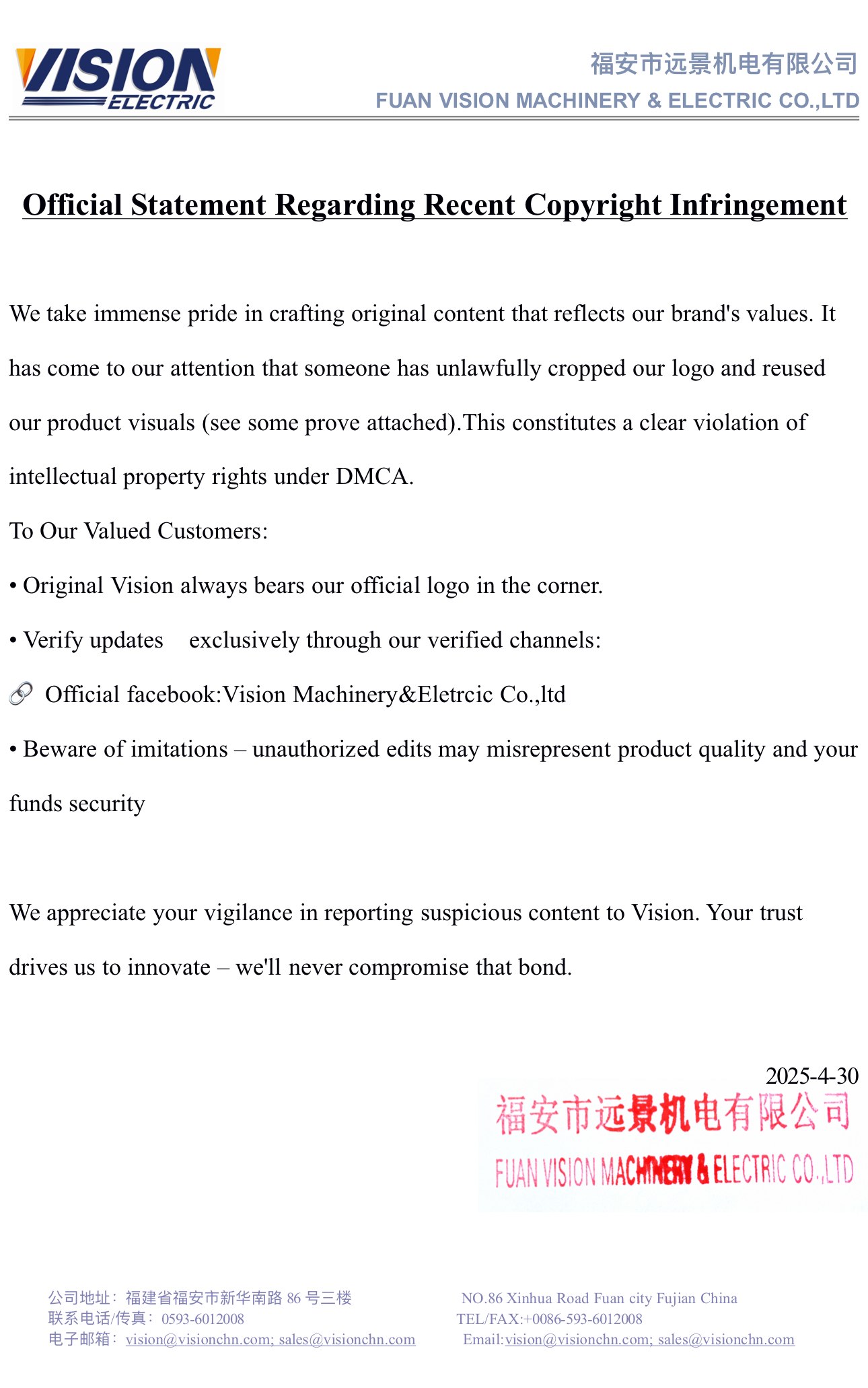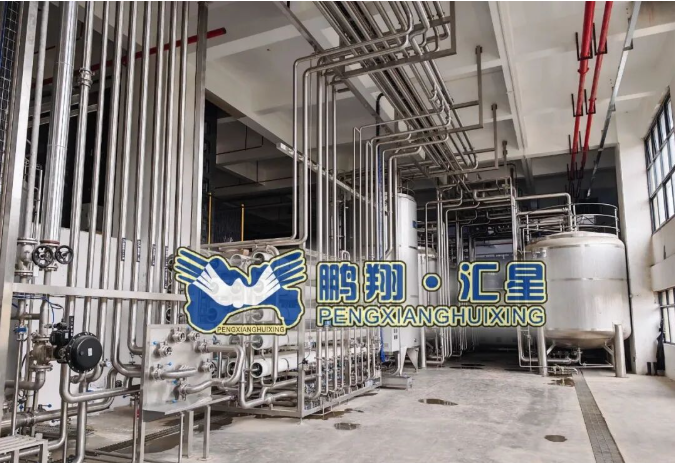Maintaining the right oil temperature is crucial for the optimal performance and longevity of your engine. In this comprehensive guide, we will delve into the various factors that influence oil temperature, the importance of monitoring it, and practical tips to ensure your oil temperature is just right. Whether you are a seasoned mechanic or a car enthusiast, this article will equip you with the knowledge to keep your engine running smoothly.
- Understanding the Role of Oil Temperature:
Oil temperature plays a vital role in lubrication, cooling, and protecting the engine components. It affects the viscosity of the oil, ensuring proper lubrication and preventing excessive wear and tear. Additionally, the oil temperature influences the cooling system's efficiency, preventing overheating and maintaining optimal engine performance. - Factors Influencing Oil Temperature:
a. Ambient Temperature: The external temperature affects the initial oil temperature. Extreme weather conditions can impact the time it takes for the oil to reach its optimal operating temperature.
b. Engine Load and RPM: Higher engine loads and RPMs generate more heat, increasing the oil temperature. Understanding the relationship between engine load and oil temperature is crucial for maintaining the right balance.
c. Cooling System Efficiency: A malfunctioning cooling system can lead to inadequate heat dissipation, resulting in elevated oil temperatures. Regular maintenance and inspections are essential to ensure the cooling system's effectiveness. - Monitoring Oil Temperature:
a. Oil Temperature Gauge: Most modern vehicles are equipped with an oil temperature gauge. Familiarize yourself with the gauge's readings and the optimal temperature range for your specific engine.
b. Engine Diagnostics: Advanced diagnostic tools can provide real-time data on oil temperature. These tools enable you to monitor fluctuations and identify potential issues before they escalate. - Optimal Oil Temperature Range:
a. Manufacturer's Recommendations: Consult your vehicle's manual or contact the manufacturer to determine the recommended oil temperature range. Different engines may have varying optimal temperature ranges.
b. Oil Viscosity: The oil's viscosity is directly influenced by temperature. It is crucial to choose the right oil viscosity grade suitable for your engine and the prevailing climate conditions. - Tips to Maintain the Right Oil Temperature:
a. Warm-Up Period: Allow your engine to warm up before subjecting it to heavy loads or high RPMs. This ensures the oil reaches its optimal operating temperature gradually.
b. Cooling System Maintenance: Regularly inspect and maintain your vehicle's cooling system, including radiator, coolant levels, and hoses, to ensure efficient heat dissipation.
c. Oil Cooler Installation: In high-performance vehicles or extreme operating conditions, installing an oil cooler can help regulate oil temperature and prevent overheating.
Conclusion:
Maintaining the right oil temperature is essential for the overall health and performance of your engine. By understanding the factors influencing oil temperature, monitoring it effectively, and implementing necessary measures, you can ensure your engine operates at its peak efficiency. Remember, a well-regulated oil temperature not only enhances performance but also prolongs the lifespan of your engine, saving you from costly repairs in the long run.


